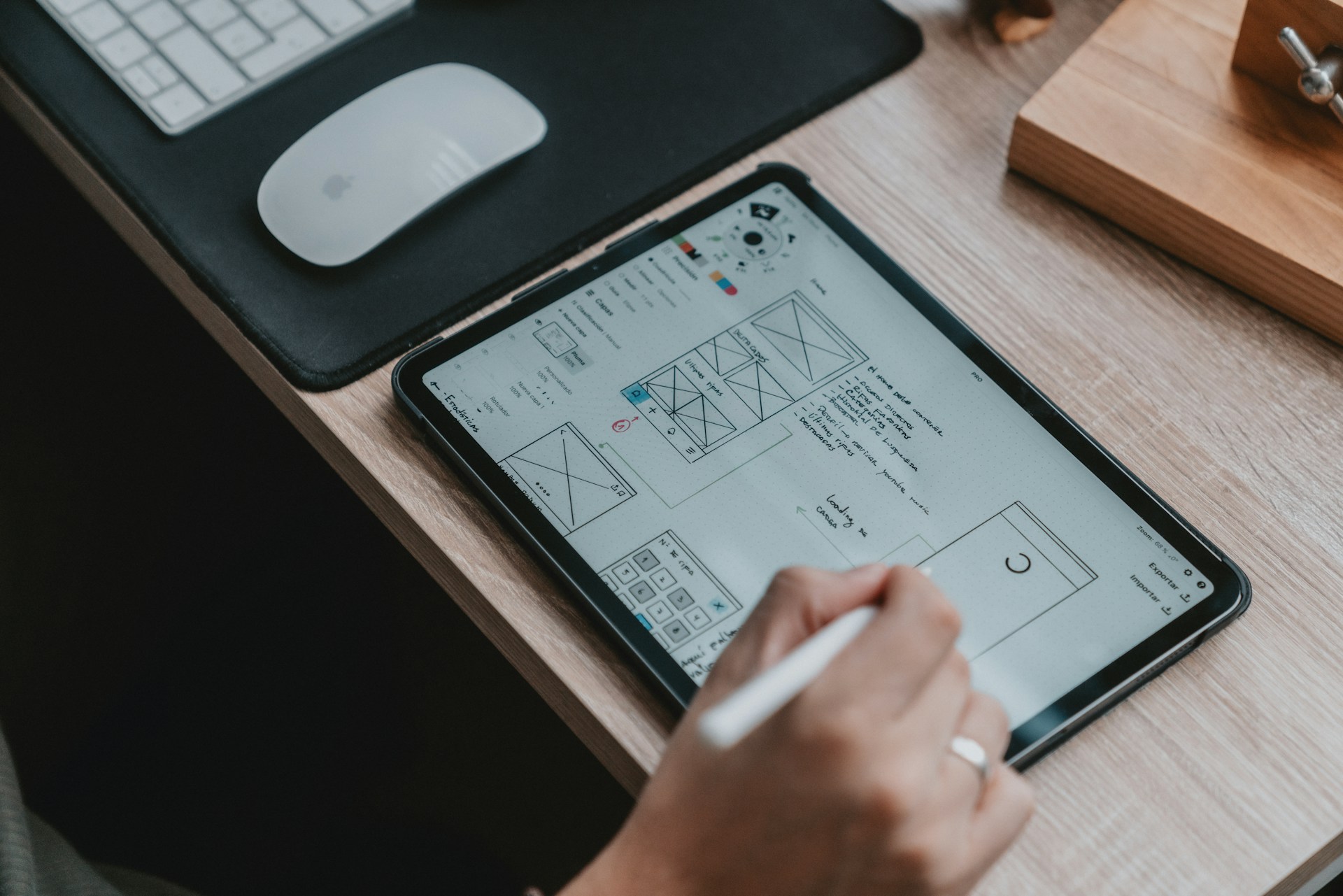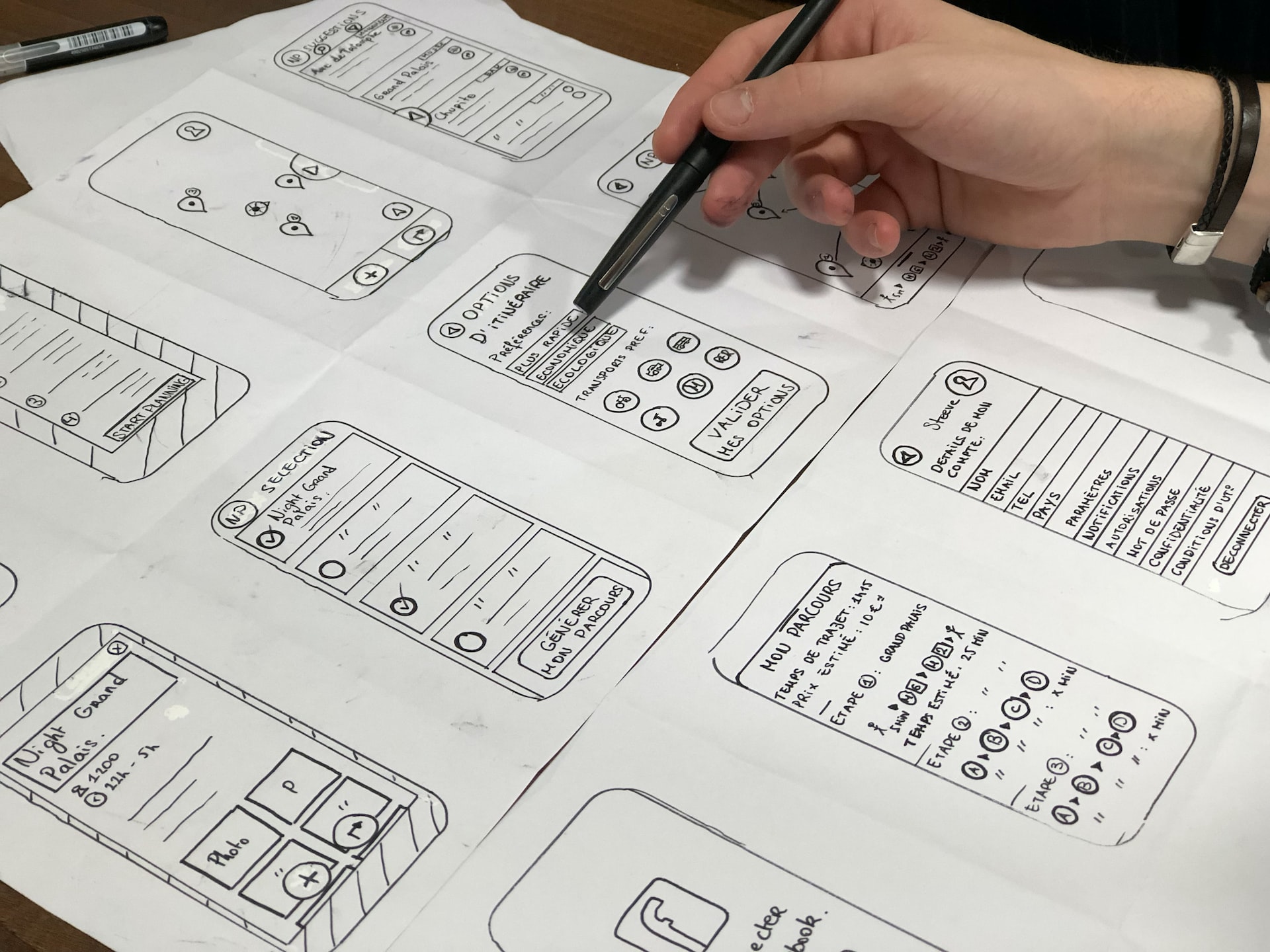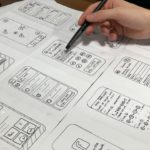In the fast-evolving world of product design, the difference between a good product and a great one often lies in the designer’s technical prowess. As we navigate through an era where design intersects with technology, product designers are expected to have a versatile skill set that extends beyond traditional aesthetics and creativity. Recognizing this, leading product design agencies, such as Elsewhen, emphasize the importance of technical skills alongside creative intuition in their design processes. This article delves into the critical technical skills every product designer should master to stay competitive and innovative, drawing on insights from industry leaders and the frontline experiences of top agencies.
Understanding Core Product Design Principles
At the foundation of every successful product lies a deep understanding of core design principles. A user-centric approach ensures that products meet the real needs and preferences of their intended audience, making user experience the cornerstone of product design. Incorporating design thinking and problem-solving methodologies enables designers to tackle challenges creatively and efficiently. Rapid prototyping and iterative processes are essential for refining designs based on real user feedback, ensuring that the final product is both functional and appealing.
Developing Technical Knowledge
In today’s digital landscape, product designers must be adept at more than just sketching and modelling. Basic coding skills can greatly enhance a designer’s ability to understand and collaborate with development teams, making the design process more seamless. A working knowledge of data analytics empowers designers to make informed decisions based on user behaviour and preferences. Furthermore, proficiency in software tools, such as Computer-Aided Design (CAD) and 3D modelling applications, is crucial for bringing complex product ideas to life.
Design Research and Validation
Effective product design is grounded in thorough research and validation. Gathering market insights and understanding the competitive landscape help designers identify unique opportunities for innovation. Defining target users and use cases ensures that the design process remains focused and relevant. Concept validation through focus groups and user feedback sessions is invaluable for refining product features and functionalities, ensuring they resonate with end-users.
Cross-Disciplinary Technical Awareness
The ability to integrate knowledge from cross-disciplinary fields such as material engineering, science, and manufacturing processes can significantly enhance a product’s feasibility, durability, and sustainability. Understanding the implications of design decisions on production and supply chain management is critical for creating products that are not only innovative but also practical and manufacturable at scale.
Staying Updated on Emerging Tech
Staying abreast of emerging technologies like AI, generative design, AR/VR, and the Internet of Things (IoT) is essential for modern product designers. These technologies offer new avenues for creativity, personalization, and user interaction, enabling designers to create smarter and more intuitive products. Leveraging these advancements can set a designer apart, making them invaluable in a market that constantly seeks innovation.
Mastering the technical aspects of product design is not an overnight task but a continuous journey of learning and adaptation. From understanding the core principles of design to embracing the latest technological advancements, the skills outlined in this article are essential for any product designer aiming to make a significant impact in the industry. As we look to the future, the integration of technical knowledge and creative vision will continue to define the success of product design endeavours.
















